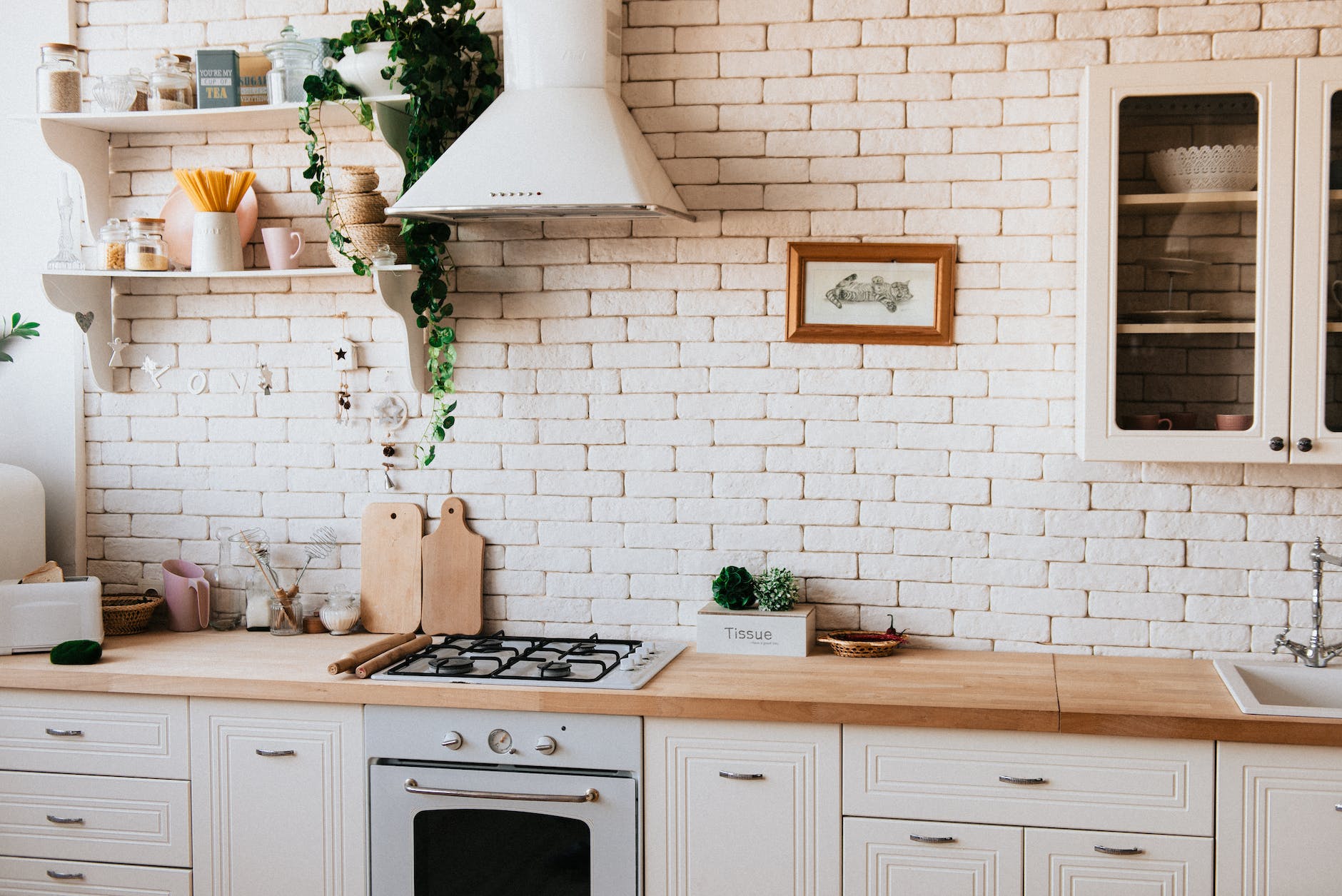How Eco-Friendly Is Your Kitchen?

The kitchen is the room that produces the most waste in your home. It is in the nature of the kitchen to produce waste. When you buy ingredients, prepare them, and cook, you automatically will have to discard some elements:
- Packaging
- Peel or skin
- Bones
- Damaged bits
Additionally, food waste can also dramatically increase the phenomenon. Food waste can occur for a variety of reasons. Typically, overbuying and discarding leftovers are two of the most damaging habits in the kitchen. So, we have to be realistic. Even with the best intentions in the world, the kitchen is likely to produce a certain amount of waste. While it is virtually impossible to eliminate all kitchen waste in the household, here are some tips to ensure your kitchen can remain as eco-friendly as possible.
Declare war on plastic
Plastic is everywhere in the kitchen. It is the main component of most food packaging, making it hard to avoid. However, there are some things you can do to cut down on plastic packaging waste. First of all, while plastic is often unavoidable, more and more companies provide recyclable packaging, which means that your plastic wrapper gets a second life. Recycling beats waste anytime! Look for the recycling arrow on packaging to make sure your purchase is eco-friendly.
Another important swap is to buy loose rather than wrapped. Loose vegetable and fruit products are a great way to avoid unnecessary packaging. We’ll talk more about buying loose fresh produce in a moment.
Tackle food waste
Every year, UK households discard 6.6 million tonnes of food waste. If you are unsure what it means, it’s the equivalent of 8 meals a week going in the bin. The thing is people don’t actively try to throw food away. More often than not, it happens despite your best efforts. As mentioned above, two of the most frequently named reasons for wasting are buying more than you need and not being able to reuse leftovers. But what if you’re doing everything you can to reduce waste, and it still occurs?
Here are things that can be out of control and still cause waste:
- Fresh produce going bad quicker than expected
- Food preparation
- The food tastes bad, and you don’t want to eat it again
- Sudden and unplanned changes in your schedule mean you can’t eat at home
- Getting ill and not having an appetite
Yet, there are some things you can do to avoid putting the food in the bin. If you have a garden, you can add a compost bin for all your organic waste. Compost can be spread on the soil as protection against cold temperatures and as nutrients for new plants. Ideally, you want to invest in a proper sized compost bin and a practical two wheel wheelbarrow with a spade for effective spreading through your garden!
Alternatively, if you already suspect the food will go bad if you can’t cook it fast, you can prepare batch meals to freeze or leave it with your nearest food banks.
Buy eco-friendly products
Food origin matters just as much as its destination. Therefore, you want to ensure that your fresh products don’t already have a harmful footprint on the environment. Fruit and vegetables that have travelled from abroad present two dramatic problems for your eco-friendly kitchen:
- The food has been harvested too early to accommodate transportation. It has likely been frozen or bashed during transport, which can accelerate rotting.
- You’re essentially carrying an environmental nightmare that brings a lot of miles and production processes directly into your kitchen
The reason why buying seasonal makes sense for the environment and your kitchen is because it can tackle these two issues. If you have a local fresh produce market or a local farm shop, these would be better options for quality fruit and vegetables. You are less likely to struggle with food going bad unexpectedly in the fridge drawer as the products you buy will have been harvested shorted before. Additionally, they are local products, which means there is no mileage or additional processing. Finally, most food markets tend to sell fruit and vegetables loose, so you can also avoid unnecessary packaging!
Can we get rid of kitchen waste once and for all? The answer is no. There is too much going on in our lives! Buying only loose and fresh products can reduce food waste and packaging needs. Cooking in batches for short-lived food is also an option. But these are not always sustainable, depending on your lifestyle. So, focus your attention on the things you can control, such as recyclable packaging and eco-friendly waste disposal. Whenever possible, local products are the preferred option but don’t beat yourself up when you can buy them. Changing your lifestyle for an eco-friendly kitchen is only helpful if you can maintain the positive changes in the long term.
